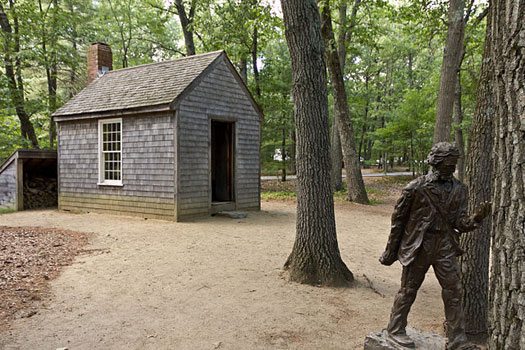
July 11, 2017; Inside Climate News
Writing for Inside Climate News, Phil McKenna describes a new tactic being employed by ranchers whose land is in danger of being taken by eminent domain for the Keystone XL pipeline.
Bob Allpress, an opposition rancher who raises corn, alfalfa, and cattle on 900 acres of land that has been in his family since 1886, plans to build lines of solar panels across a 1.5-mile strip. He is one of a number of other landowners participating in the project, which will provide clean energy to the landowners, with any excess going into the electric grid.
“Not only would they have to invoke eminent domain against us,” Allpress says, “they would have to tear down solar panels that provide good clean power back to the grid and jobs for the people who build them.” Allpress, of course, will continue his other advocacy at the same time.
Sign up for our free newsletters
Subscribe to NPQ's newsletters to have our top stories delivered directly to your inbox.
By signing up, you agree to our privacy policy and terms of use, and to receive messages from NPQ and our partners.
The project, known as “Solar XL,” is the latest example in a growing number of demonstrations against pipelines where opponents festoon proposed corridors with eye-catching obstructions. Nuns recently built a chapel along the path of a proposed natural gas pipeline that would cross their property in Pennsylvania. Last year, pipeline opponents built a replica of the cabin belonging to Henry Thoreau, one of the environmental movement’s founding fathers, along another proposed natural gas pipeline route in Massachusetts.
One advocate associated with the Thoreau project said these installations are symbols “of our discontent and resistance to the project.” Quoting Thoreau, he said, “The authority of government…is still an impure one: to be strictly just, it must have sanction and consent of the governed. It can have no pure right over my person and property but what I concede to it.”
“It’s critical when we are fighting a project like [Keystone XL] to show the kind of energy we would like to see,” said Jane Kleeb, a Nebraska resident and president of Bold Alliance, one member of a collaborative of groups behind the solar panel effort. It is sponsoring an effort to crowdfund $50,000 to help in the first stage of solar panel installation along the pipeline’s proposed route. The coalition behind the effort includes 350.org, the Indigenous Environmental Network, CREDO, and Oil Change International. North Star Solar Bears, a family-owned rural solar installation business, will do the installations.
Allpress has no doubt that he must remain active against the pipeline. “We have five potable water wells that provide water to the cattle and our own drinking water,” Allpress said. “If the pipeline breaks, it would take out us and people all the way down to the Missouri River.”—Ruth McCambridge












